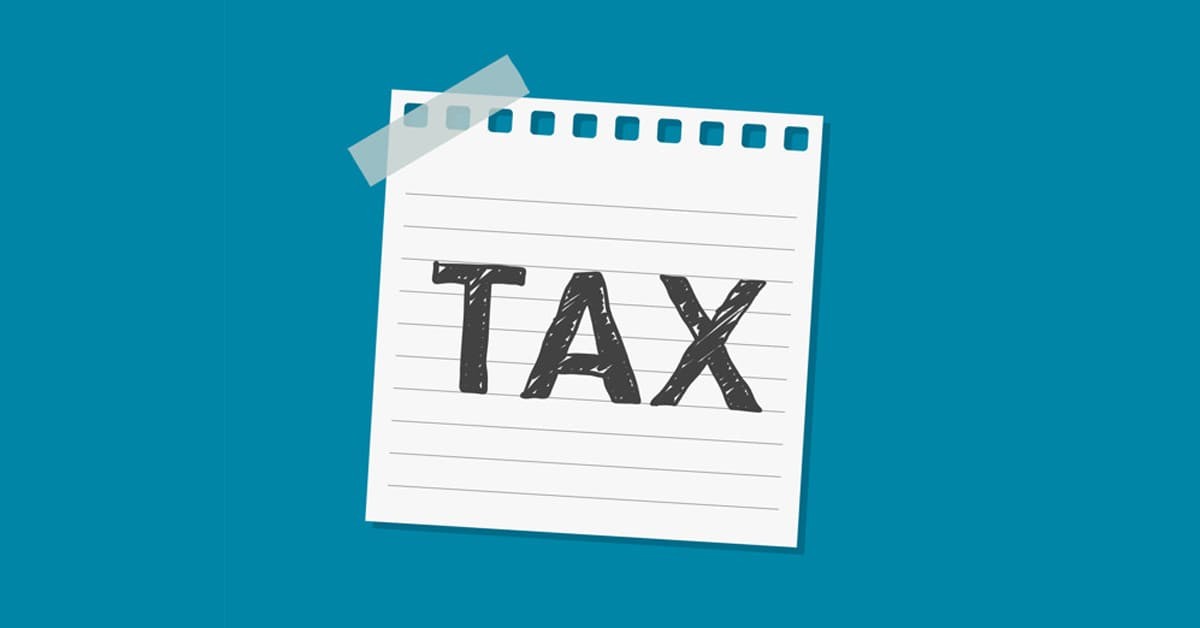Income Tax return filing is mandatory if the Total Income of an Individual exceeds the maximum amount which is not chargeable to income-tax i.e Rs. 2,50,000 for individuals whose age is less than 60 Years.
It is also mandatory to file Income Tax Returns in the following cases:-
- If a person is a resident and ordinary resident in India:-
- Who holds any asset (including any financial interest in any entity) located outside India; or
- Who is a beneficiary of any asset (including any financial interest in any entity) located outside India; or
- Who has signing authority in any account outside India; or
- If an Individual has deposited greater than Rs.1 crore in aggregate in his Bank Current Accounts; or
- If an Individual has deposited greater than Rs.50 lakhs in one or more saving bank accounts; or
- If an Individual has incurred expenditure greater than Rs.2 lakhs for Foreign travel; or
- If an Individual has incurred expenditure greater than Rs.1 lakhs towards electricity consumption; or
- If Total Sales, Turnover or Gross Receipts exceeds Rs.60 Lakhs; or
- If Total Gross Receipts in the Profession exceeds Rs.10 Lakhs; or
- If Total Tax Deducted and Collected at Source (TDS / TCS) is Rs.25,000 or more (Rs.50,000 in case of resident senior citizen)

Why should I file Income Tax Return?
1. If you want Loan or Credit Card, you need to file Income Tax Return
If you are planning to take Home Loan or apply for Credit Card in the future, it is beneficial for you to keep file Income Tax Returns every year and maintain a record of them. This is because the bank will need your ITR in order to approve your loan or credit card. Even financial institutions check your ITR before transacting with you.
2. To claim any adjustment against past loss, you need to file Income Tax Return
If any loss is incurred by a business or an individual, it can’t be shown for exemption for the subsequent years if you haven’t filed Income Tax Return. Such losses might be due to short-term or long-term investments or many other reasons. Hence, it is a good idea to keep filing ITR every hears because you can never be too sure for the future.
Advantages of filing Income Tax Returns
- Avoid late fees under 234F i.e upto Rs. 10,000
- Avoid Tax Notices.
- For claiming of Tax Refund.
- Carry forward your losses to next financial year i.e. house property and depreciation.
- it will help you in loan processing, business loan, home loan etc.
- You will easily get credit card.
- You will easily get study loan and foreign VISA.
- For Income Proof and Address Proof.
The due date for Income Tax Return filing is 31st July, 2023 for FY 2022-23 who is not required to get its books of accounts audited under any act.
Disclaimer: This article provides general information existing at the time of preparation and we take no responsibility to update it with the subsequent changes in the law. The article is intended as a news update and Affluence Advisory neither assumes nor accepts any responsibility for any loss arising to any person acting or refraining from acting as a result of any material contained in this article. It is recommended that professional advice be taken based on specific facts and circumstances. This article does not substitute the need to refer to the original pronouncement.









 CAclubindia
CAclubindia
